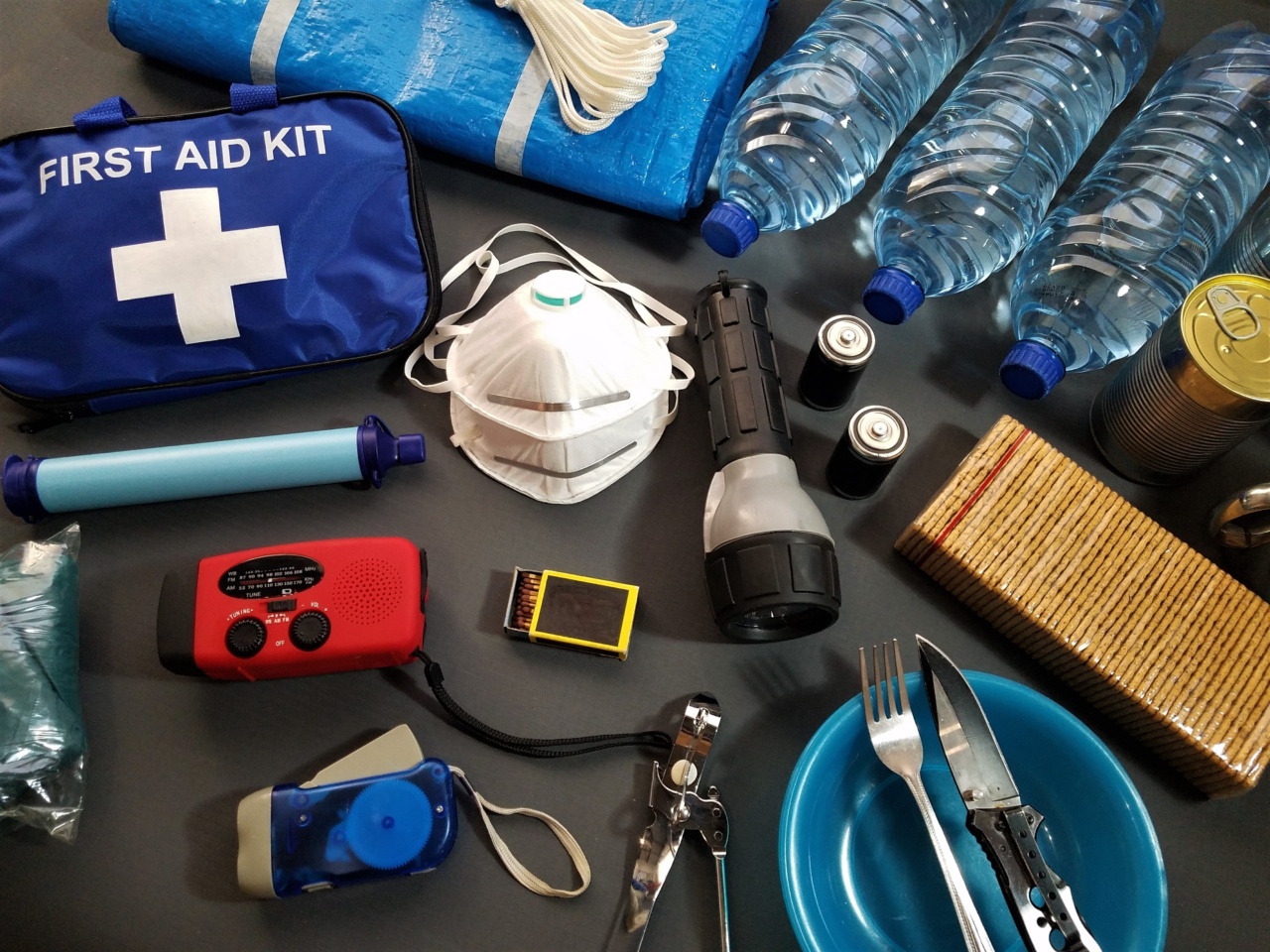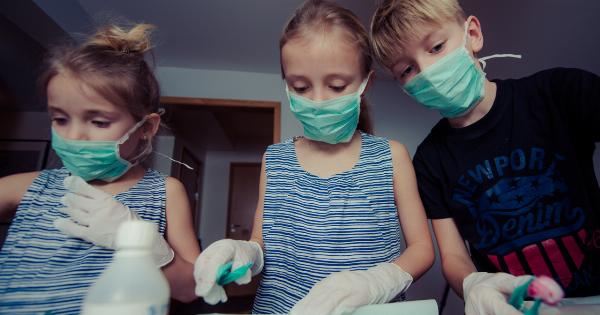When it comes to the safety of our children, being prepared for emergencies is crucial. One potential danger that parents and caregivers should be aware of is battery ingestion.
Accidental swallowing of batteries, especially by young children, can have serious consequences. It is important to be proactive and knowledgeable in order to prevent potential harm and respond effectively in such situations.
The Risks of Battery Ingestion
Battery ingestion can cause several severe complications, primarily due to the electrical charge and the chemicals inside the battery. If not addressed promptly, it can lead to life-threatening situations.
Some risks associated with battery ingestion include:.
- Internal chemical burns
- Tissue damage and necrosis
- Perforation of the gastrointestinal tract
- Infections
- Respiratory distress
- Death (in rare cases)
Symptoms of Battery Ingestion
Recognizing the signs of battery ingestion is crucial for prompt intervention. Children may not always be able to communicate their discomfort, so it is important to be observant. Some common symptoms of battery ingestion include:.
- Chest pain and difficulty breathing
- Coughing or choking
- Excessive drooling
- Difficulty swallowing
- Abdominal pain and vomiting
- Bloody stool
- Unexplainable fatigue or weakness
Immediate Steps to Take
If you suspect that a child has ingested a battery, it is essential to act quickly and calmly. Follow these immediate steps:.
- Do not panic: Staying calm will help you think clearly and act effectively.
- Do not induce vomiting: While vomiting may seem like a logical response, it can make the situation worse by causing the battery to move and release more harmful chemicals.
- Remove objects from the mouth: If there are any remaining battery fragments or other objects, gently remove them from the child’s mouth to prevent further ingestion or choking.
- Take note of the time and type of battery: Knowing the time and the type of battery ingested can aid medical professionals in determining the best course of action.
- Seek immediate medical assistance: Contact emergency services or your local poison control center for guidance and transport the child to the nearest hospital.
- Avoid oral intake: Refrain from giving the child anything to eat or drink until medical professionals assess the situation.
Prevention Measures
Preventing battery ingestion is the best way to safeguard your child from potential harm. Here are some preventive measures you can take:.
- Keep batteries out of reach: Store batteries in a secure location that is inaccessible to children, such as locked cabinets or high shelves.
- Secure battery compartments: Ensure that battery compartments in toys, remotes, and other electronic devices are securely closed.
- Inspect toys and devices: Regularly check toys and devices for loose or damaged battery compartments and ensure they are repaired or replaced.
- Dispose of batteries properly: When disposing of batteries, follow recommended guidelines for recycling or disposal to prevent accidental ingestion.
- Educate children: Teach children about the dangers of batteries and why they should never put them in their mouths.
Post-Ingestion Medical Evaluation
Even if the child appears fine or shows no immediate symptoms, it is crucial to seek medical attention after a battery ingestion incident. In some cases, symptoms may take time to manifest, and internal injuries may not be immediately evident.
A medical evaluation will ensure thorough examination and appropriate treatments, if necessary.
Conclusion
Battery ingestion in children can result in serious health risks and should be treated as a medical emergency.
By staying informed about the risks, recognizing the symptoms, and following the emergency protocol, parents and caregivers can help mitigate the potential harm caused by battery ingestion. Prevention through proper storage and education remains the best approach to safeguarding children. Remember, in such incidents, immediate medical assistance is paramount to ensure the child’s well-being and recovery.






























